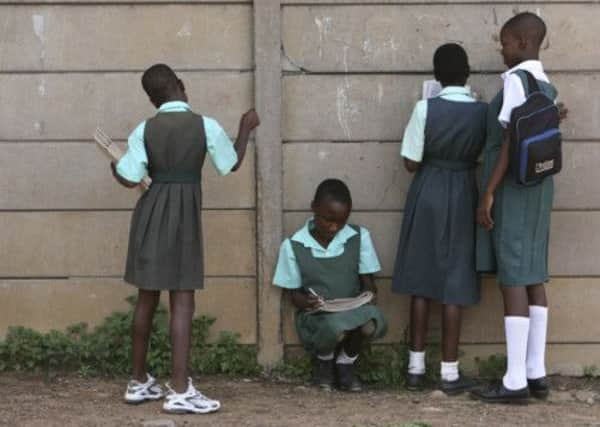‘Goblins’ force four Zimbabwe schools to close


Local officials insist that pupils at Lushumbe Primary, Mazhayimbe Primary, Bhazha Secondary and Tokwe Secondary schools, all in Matabeleland South province,have been terrorised by goblins. Many parents have stopped sending their children to school.
Said Chief Malachi Masuku: “Children are constantly being attacked by goblins during lessons and some faint.”
Advertisement
Hide AdAdvertisement
Hide AdThe headmaster of one of the schools told the state-controlled Chronicle newspaper: “The whole school is being affected. We cannot continue operating under such an environment. When the attacks start pupils run amok. They start screaming and panicking and eventually the whole school runs amok.”
Beliefs in goblins and witchcraft persist in many parts of rural Zimbabwe, though practising witchcraft is an offence. Goblin sightings are reported seriously in both the state and the private press. Photos are -- perhaps not surprisingly -- rare, though one published in a government paper around two years ago showed an inert doll-like object that appeared handmade. Last month a Harare businessman made the headlines by appealing to Vice President Joyce Mujuru to help him remove goblins from his gold mine in Shamva. central Zimbabwee.
Chief Masuku said: “Some villagers who live close to Tokwe Secondary School have revealed that they hear strange noises coming from the school at night. On some occasions villagers who have passed by the school during odd hours have reported [spotting] strange objects.”
The headmaster said the education ministry had been informed of the infestation. Halloween is not widely celebrated in Zimbabwe.